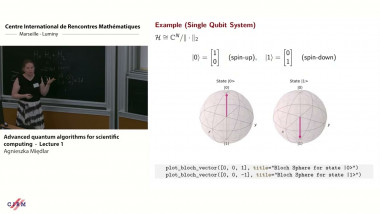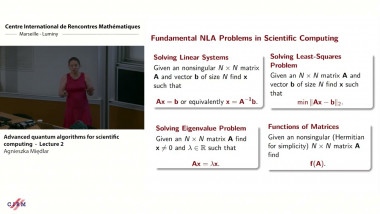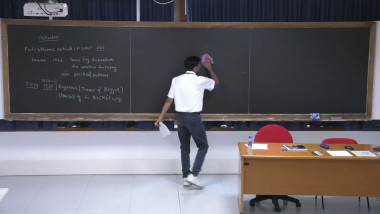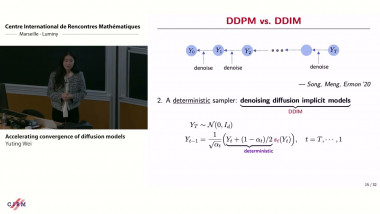Apparaît dans les collections : CEMRACS: Numerical challenges in parallel scientific computing / CEMRACS : Défis numériques en calcul scientifique parallèle, Exposés de recherche
I will review (some of) the HPC solution strategies developed in Feel++. We present our advances in developing a language specific to partial differential equations embedded in C++. We have been developing the Feel++ framework (Finite Element method Embedded Language in C++) to the point where it allows to use a very wide range of Galerkin methods and advanced numerical methods such as domain decomposition methods including mortar and three fields methods, fictitious domain methods or certified reduced basis. We shall present an overview of the various ingredients as well as some illustrations. The ingredients include a very expressive embedded language, seamless interpolation, mesh adaption, seamless parallelisation. As to the illustrations, they exercise the versatility of the framework either by allowing the development and/or numerical verification of (new) mathematical methods or the development of large multi-physics applications - e.g. fluid-structure interaction using either an Arbitrary Lagrangian Eulerian formulation or a levelset based one; high field magnets modeling which involves electro-thermal, magnetostatics, mechanical and thermo-hydraulics model; ... - The range of users span from mechanical engineers in industry, physicists in complex fluids, computer scientists in biomedical applications to applied mathematicians thanks to the shared common mathematical embedded language hiding linear algebra and computer science complexities.
















